For the second time in a decade, Assad paid an unannounced visit to Iran and met with high-ranking Iranian officials. His last visit was in 2019 when he showed up in Tehran thanks to arrangements made by the late General Qassem Soleimani, the former commander of the Quds force.
Assad’s visits took place at a time when fighting in Syria subsided to large extent. The 2019 visit took place after it became clear that the Syrian government was no longer at risk of being toppled. And the latest visit came as the Syrian government not only survived but is in the middle of a renewed drive to normalize relations between Damascus and other Arab capitals.
The Syrian government welcomed the normalization drive which culminated in a March visit by Assad to Abu Dhabi, where he met with the influential Abu Dhabi Crown Prince, Sheikh Mohammad Bin Zayed Al Nahyan. The visit marked a warming in Syria’s relations with some Arab states.
The Emirati media said at the time that the visit “stressed that Syria is a fundamental pillar of Arab security and that the UAE is keen to strengthen cooperation with it.”
The visit to the UAE also came amid efforts to return Syria to the Arab League, which is yet to come to fruition due to opposition from key Arab states in the organization.
Thaw in Syria’s relations with some Arab states sparked widespread speculations that the war-torn Arab country might be moving away from Iran to get closer to Iran’s Arab rivals. Some statements from the Persian Gulf Arab countries on the need to return Syria to the Arab fold have only exacerbated these speculations. Yet, the Syrian leadership proved that it highly values relations with Tehran and that their bonds with Iran are so strong that are unlikely to be loosened as a result of any normalization with other Arab states.
Iranian officials also highlighted the depth of the relations during the Assad visit. Leader of the Islamic Revolution Ayatollah Seyed Ali Khamenei even took a jab at the Arab states that are trying to normalize ties with Syria and underlined the need to factor in their past behaviors toward Syria in any normalization of ties.
"The bond and the relationship between Iran and Syria are vital to both countries, and we should not let these relations weaken. Rather, we should strengthen them as much as possible,” Ayatollah Khamenei emphasized.
Referring to the recent expressions of friendship and kindness of some countries that were in the front against Syria in previous years, he said, “The path in the future should be based on past experiences.”
Iranian Foreign Ministry spokesman Saeed Khatibzadeh also highlighted the strong relations between Tehran and Damascus. Syria has entered a new phase and Iran is seeking to strengthen cooperation with it in various fields, he said in a presser on Monday.
“Assad's visit carries an important message that Syria has now entered a new phase after his visit to the region and the reopening of foreign embassies in Damascus. Iran is one of the most important countries that helped Syria thwart the terrorist plot, and it is natural for Iran to be a center for consultations,” Khatibzadeh remarked.
The Syrian presidency also underlined the importance of the Iran-Syria relationship in a statement on Facebook. It said Assad’s meetings with Iranian officials “dealt with the historical relations that unite Syria and Iran, which are based on a long track of bilateral cooperation and mutual understanding on the issues and problems of the region and the challenges it faces.”
First published in Tehran Times


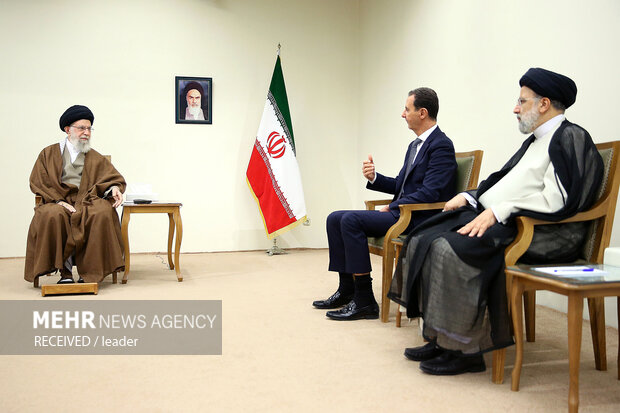


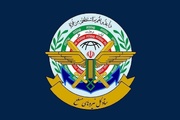
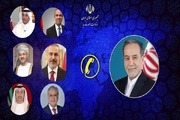

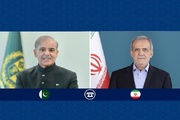



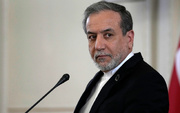


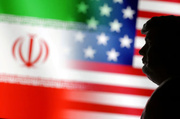






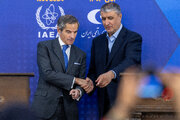



Your Comment